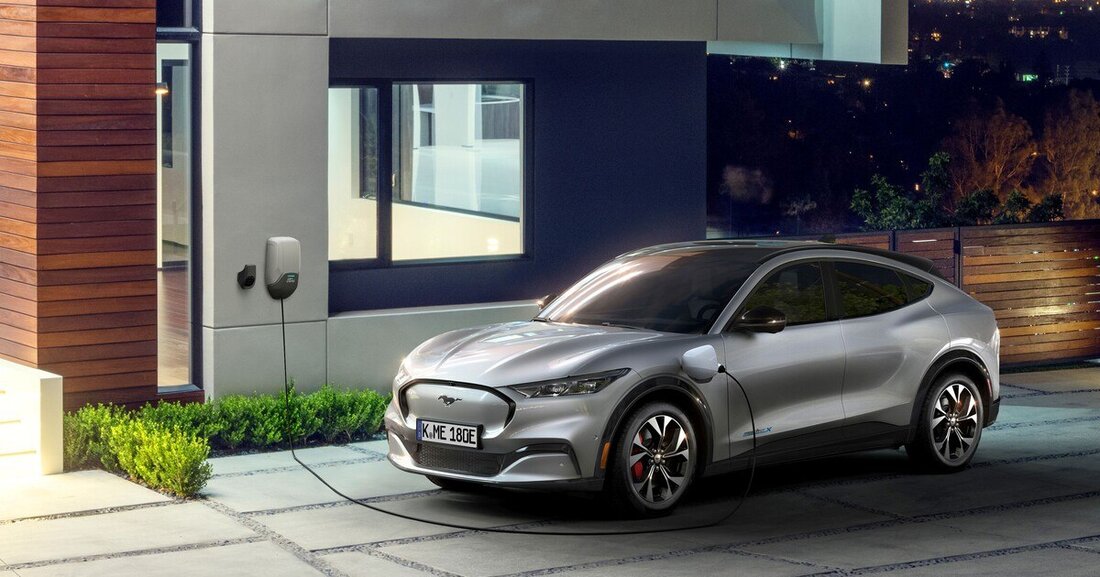Iron for the Mustang
Ford will offer its Mustang Mach-E with optional LFP batteries later this year.

Iron for the Mustang
LFP cells (lithium iron phosphate) are very durable, tolerate more charging and discharging processes due to their high cycle stability and also charge faster than, for example, batteries made of nickel-cobalt-manganese (NCM). In addition, because of the materials used, they can be produced more cost-effectively than NCM batteries. The cost advantages of LFP batteries could help Ford keep the sales prices of its electric vehicles stable or even lower. In return, the energy density of lithium iron phosphate batteries is generally lower than that of NCM batteries with the same dimensions - and thus also the achievable vehicle range. Another advantage of NCM batteries compared to LFP batteries is their better tolerance of very low temperatures. However, the cold tolerance of LFP batteries can be significantly improved through technical measures.
The introduction of LFP batteries - as an alternative to NCM batteries - enables Ford customers to choose their electric vehicle with exactly the battery performance characteristics that are tailored to their individual mobility needs. LFP battery technology also helps reduce dependence on raw materials such as nickel and cobalt. This is consistent with Ford's commitment to sustainability and respect for human rights in its supply chains. In this context, Ford has announced that it will invest $3.5 billion in the construction of the first LFP battery plant in the USA. The new production facility, called “BlueOval Battery Park”, is scheduled to open in Marshall (Michigan/USA) in 2026.

 Suche
Suche
 Mein Konto
Mein Konto